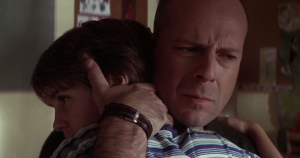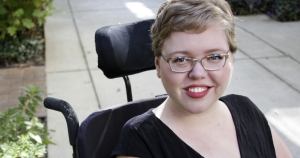
Redefining Heroism
Science fiction and fantasy tell us that anything can happen, and yet disabled people are often told that their narratives don’t fit into the genres.

Science fiction and fantasy tell us that anything can happen, and yet disabled people are often told that their narratives don’t fit into the genres.

Autistic people learn, change, and cope like anyone else. However, when a character is autistic, many authors appear to see only one route for character growth: effectively making the character less autistic.

That’s the thing about disability, I think. You’re a normal person, you experience normal things, and then, every once in a while, you hit that wall. That reminder that you aren’t quite like the majority of your peers.

ADD isn’t an end of the world big deal. It’s really, really not. But it is a deal, it’s a thing. It’s a disability. It puts you on a different default setting.

When it comes to writing, we have to be willing to examine, with suspicion, our own character creation and world-building.

Heidi Heilig and S. Jae-Jones sit down to talk about the book’s portrayal of bipolar disorder, writing mental illness, and writing with a mental illness.
If our contributors could tell an author writing a character with their disability one thing–besides “do your research”–what would it be?

Did you know in the US it’s illegal to drive within six months after having a seizure? Even under supervision, even just around the block, I wasn’t trusted behind a wheel.

The notion of people faking disabilities is not at all new or novel–and, like many, many disability tropes, it’s a harmful one.

I’ve talked a lot about the ways my disability has affected my body image, my sexuality, my confidence, and my social interactions, and all of those things are important to consider when writing a disabled character. Today, however, I want to focus on the ways my disability affects the logistics of my life.